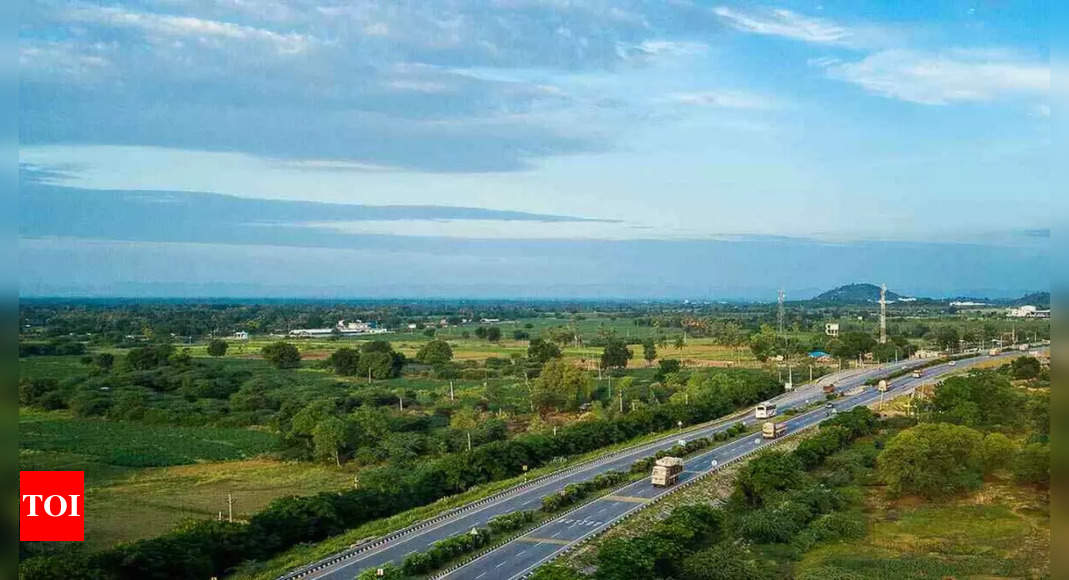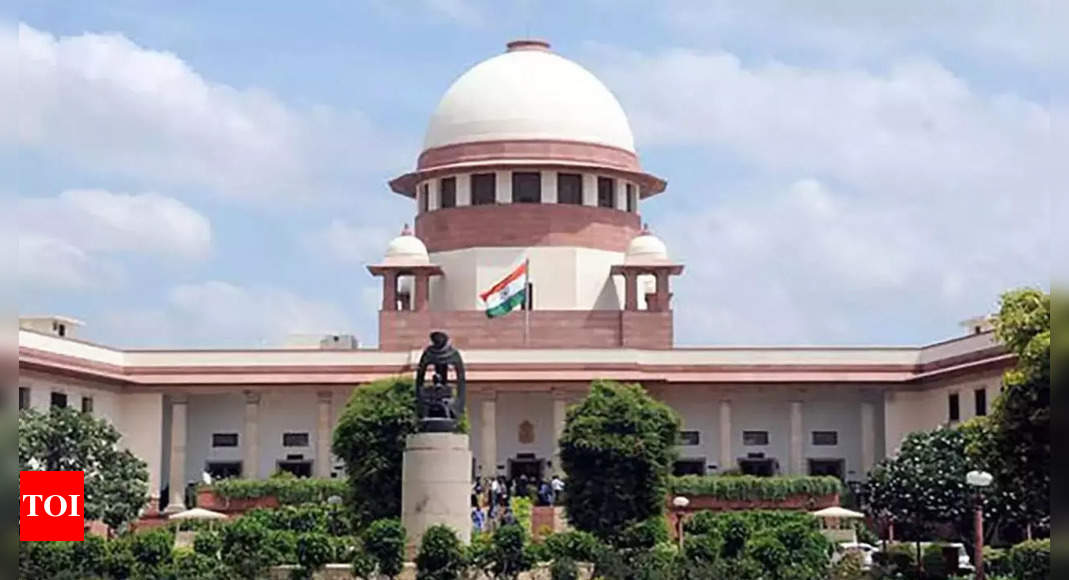
By Neetu Vinayak
Budget 2024: India’s Economic Survey for 2024 revealed the country’s infrastructure leap. FY24 capital expenditure has seen almost threefold increase from FY20 with concerted efforts to boost physical connectivity, electricity, water and sanitation, urban development, strategic and digital infrastructure. It also marked emphasis on resource mobilisation from new sources and data aggregation and management for tracking projects and optimal allocation of scarce resources.
While capital allocation for major infrastructure sub-sectors like roads, railways, etc. continues as already announced by the government during the interim Budget, the current final Budget heralds a transformative vision for the eastern states with the ‘Purvodaya’ plan, targeting holistic growth with announcements of new roads, power plant, airports, colleges and sports infrastructure.
For the shipping sector, the government has announced ownership, leasing and flagging reforms which should improve the share of the Indian shipping industry and generate more employment.
Capital projects in the sector uplifts the society at large and generates employment. Brownfield redevelopment of cities and houses for the poor will fuel demand in the sector thereby generating employment and economic growth. Additionally, the government has announced an employment incentive scheme for first time employers to further fillip jobs creation and youth empowerment.
From a tax standpoint, the government recognised the potential of cruise tourism in India and in order to give a fillip to this employment generating industry, a simplified tax regime where 20 percent of revenues will be deemed as income from such business will be considered for the purpose of income-tax.
India has recognised the need to have a robust MRO ecosystem for the airline and boat & ship sector in view of increased demand. From Customs perspective, the period for export of goods which are imported for repairs and requirement to re-import goods which are exported for repairs under warranty has been extended.
The government recognises the need for participation from the private sector in this critical sector including investments from foreign investors. Deletion of angel tax provision is a welcome move which will propel raising of funds in the sector.
Second round of VSV gives opportunity to minimise litigation with focus on ease of doing business.
On an overall basis, this year’s Budget lays down a framework to propel growth and generate employment with higher involvement of the private sector in upskilling India and some relaxation for individual taxpayers.
(The author is Partner – Infrastructure, EY India)
Budget 2024: India’s Economic Survey for 2024 revealed the country’s infrastructure leap. FY24 capital expenditure has seen almost threefold increase from FY20 with concerted efforts to boost physical connectivity, electricity, water and sanitation, urban development, strategic and digital infrastructure. It also marked emphasis on resource mobilisation from new sources and data aggregation and management for tracking projects and optimal allocation of scarce resources.
While capital allocation for major infrastructure sub-sectors like roads, railways, etc. continues as already announced by the government during the interim Budget, the current final Budget heralds a transformative vision for the eastern states with the ‘Purvodaya’ plan, targeting holistic growth with announcements of new roads, power plant, airports, colleges and sports infrastructure.
For the shipping sector, the government has announced ownership, leasing and flagging reforms which should improve the share of the Indian shipping industry and generate more employment.
Capital projects in the sector uplifts the society at large and generates employment. Brownfield redevelopment of cities and houses for the poor will fuel demand in the sector thereby generating employment and economic growth. Additionally, the government has announced an employment incentive scheme for first time employers to further fillip jobs creation and youth empowerment.
From a tax standpoint, the government recognised the potential of cruise tourism in India and in order to give a fillip to this employment generating industry, a simplified tax regime where 20 percent of revenues will be deemed as income from such business will be considered for the purpose of income-tax.
India has recognised the need to have a robust MRO ecosystem for the airline and boat & ship sector in view of increased demand. From Customs perspective, the period for export of goods which are imported for repairs and requirement to re-import goods which are exported for repairs under warranty has been extended.
The government recognises the need for participation from the private sector in this critical sector including investments from foreign investors. Deletion of angel tax provision is a welcome move which will propel raising of funds in the sector.
Second round of VSV gives opportunity to minimise litigation with focus on ease of doing business.
On an overall basis, this year’s Budget lays down a framework to propel growth and generate employment with higher involvement of the private sector in upskilling India and some relaxation for individual taxpayers.
(The author is Partner – Infrastructure, EY India)







